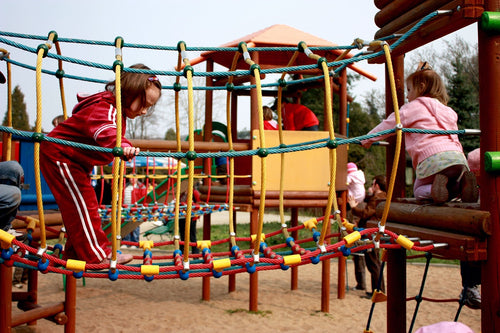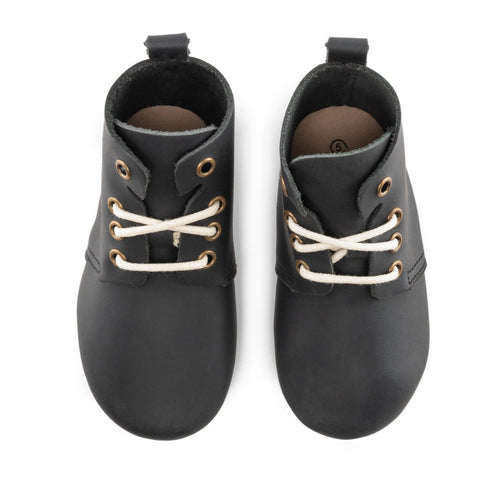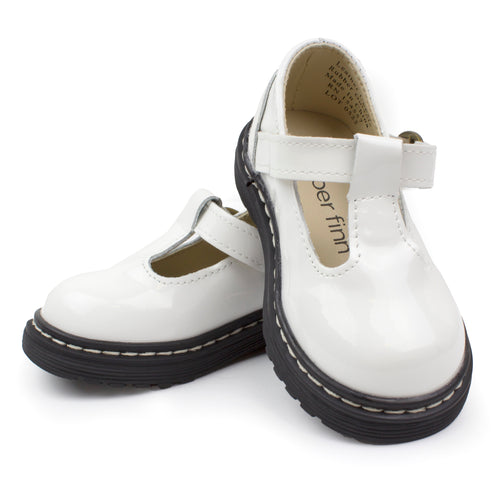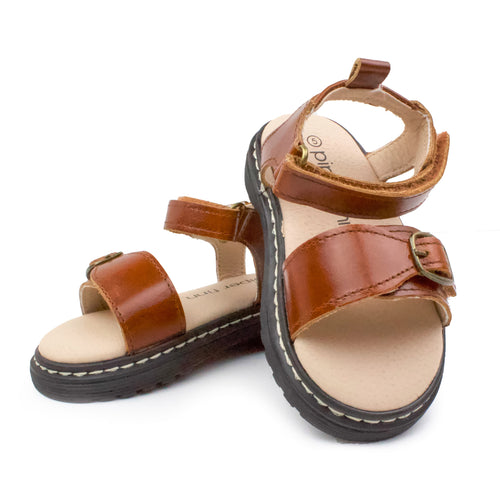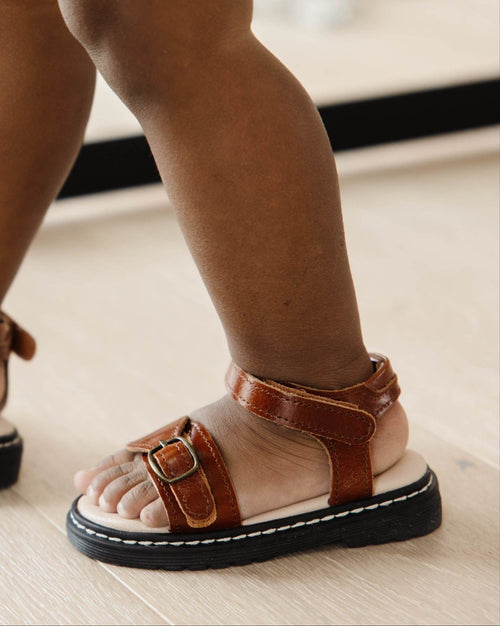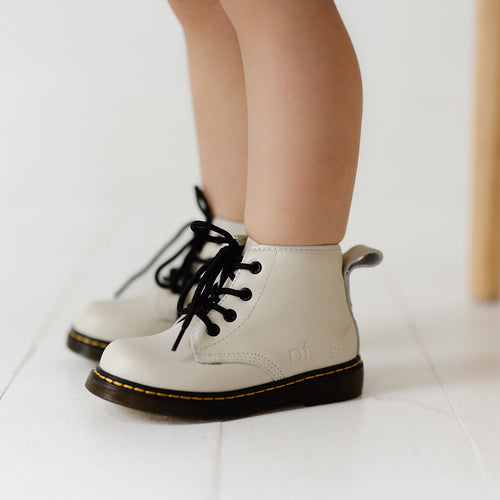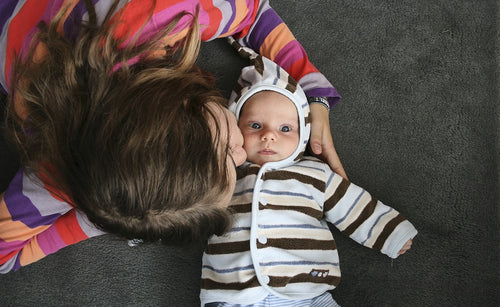As parents, we want the best for our children, and it's not uncommon to hover over them to ensure they're safe and successful. However, when said hovering develops into minuscule micro-management, it can lead to negative outcomes for our children in the long run.
Of course, every parent wants to protect their kid from the mistakes they made, but overprotecting, micro-managing, and constantly intervening can hamper a child's ability to learn practical life skills, manage stress, and cope with failure. In short, it can do a lot of damage to their self-esteem and resilience. Today's Piper Finn blog provides some down-to-earth parent tips on how to stop helicopter parenting your child and allow them to flourish.
What is a Helicopter Parent?
As the term suggests, a helicopter parent is one who 'hovers' around their child, ready to pounce on any opportunity to make their child's life easier. While it sounds like the perfect parenting technique, this hyper-involvement in a child's life can have negative consequences. For those parents wondering where the term' helicopter parenting' originates, read this article on Healthline. The article discusses the origins of helicopter parenting, what it looks like and the pros and cons of following this parenting style.
Parent Tips for Keeping That Helicopter Grounded!
Encourage Independence
Helicopter parents typically undermine their child's independence (sometimes unknowingly) as they believe they are responsible for all the decision-making. However, it's important to encourage independence in children as it helps them develop the necessary skills to manage their life. Start by allowing them to participate in age-appropriate activities, such as making choices about what they want to wear or what after-school activities they prefer. Encouraging them to take responsibility and make decisions can help them develop confidence, a sense of responsibility, and independence.
Let Your Child Make Mistakes
As a parent, it's natural to want to shield your child from failure. However, failure is essential to leading a fulfilling life and can help children develop resilience. Allow your child to fail and make mistakes so they learn to overcome obstacles and cope with failure independently. Rather than intervening, encourage them to learn from their mistakes and work on finding solutions to the problem.
Communicate with Your Child
Helicopter parents often don't take the time to talk with their children as they're too busy micro-managing. It's important to communicate openly with your child to truly understand what they're going through. Encourage your child to share their struggles, concerns, and victories. Listening patiently to your child and validating their emotions can help them feel heard and understood.
Practice Self-Care
Most parents prone to helicopter parenting do so when anxious or stressed. It's essential to practice self-care to address these feelings. Seek help from friends, family, or a professional when you feel overwhelmed or anxious. Make time for yourself to engage in activities that help you relax and clear your mind. Yes, we are suggesting you take a day off! Hire a baby sitter or arrange for a trusted friend to watch the kids and take a much needed break. Head for the movie house, get your hair done, most importantly, resist the urge to intervene when you are anxious as it can help you avoid helicopter parenting behaviors.
Foster Positive Relationships
Developing a healthy relationship with your child can help reduce helicopter parenting behaviors. When children feel connected and loved, they're more likely to ask for help when needed and less likely to engage in risky behavior as they mature. Spending quality time with your child, showing affection, and having fun can help strengthen your relationship. Ensure your child knows they have your support, guidance, and love, no matter what.
The Final Word
Unfortunately, no matter how well-intentioned, helicopter parenting can be detrimental to a child's growth and development. However, using the above tips can help parents work towards reducing these behaviors and allowing their children to flourish. Remember to encourage independence, let them make mistakes, communicate openly, practice self-care, and foster positive relationships. By focusing on these areas, parents can help their children grow into independent, confident, and successful adults.
Image by Marzena P. from Pixabay

